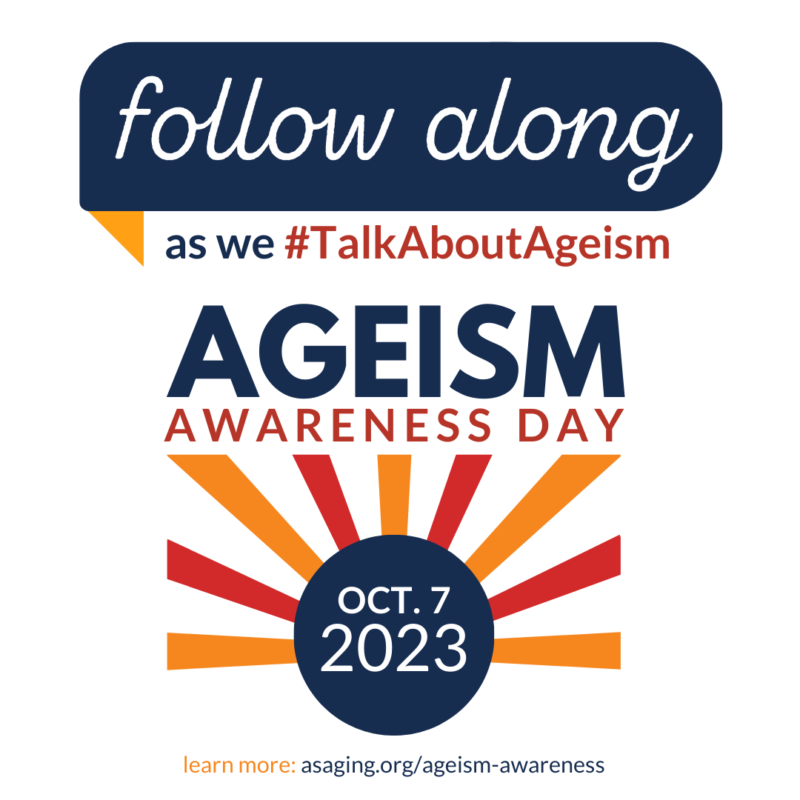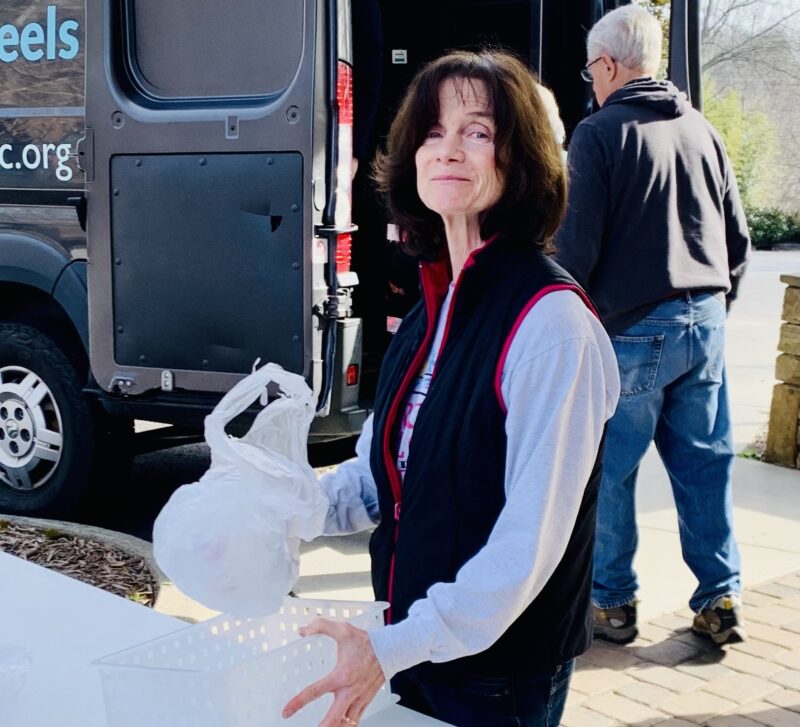Did you know that May is Mental Health Awareness Month?
Nearly 60 million individuals in the United States alone suffer from chronic mental health conditions ranging from moderate to severe. Of that 60 million, 15% of those affected by mental health conditions according to The National Institute of Mental Health are adults aged 50 and older. It’s important to realize that poor mental health is not a normal part of aging, regardless of an individual’s mental health history. Keep reading for some facts about mental health and aging!
- 1 in every 4 older adults experiences some level of mental disorder or illness, such as depression, anxiety, or other mood disorders, that are not related to the normal aging process.
- Due to the rising population age, the number of older adults affected by mental illness or disorders is expected to double by 2030. Amongst the entire population, young adults aged 18-25 have the highest prevalence of mental illness.
- The most common mental disturbance in older adults is depression. Depression causes symptoms such as lethargy, prolonged or persistent sadness, loss of interest in activities one used to enjoy, social isolation, and an inability to complete physical tasks needed to remain healthy, such as brushing teeth or bathing.
- 2 out of 3 older adults with mental health problems often do not get the treatment they need, known as “the treatment gap.” Factors such as accessibility, Medicare coverage, co-occurring physical health conditions, mobility issues, and generational mindsets about mental illness contribute to this phenomenon.
- Mental health is just as important as physical health and often goes hand in hand with the other. Physical activity and socialization can help reduce mental illness symptoms.
- Most importantly, the good news is that Psychotherapy is just as effective in older adults as it is for younger adults. With treatment and therapy, over 80 percent of older adults successfully rebound from depression as they learn healthy new ways to cope with and manage their mental illness, depression, or anxiety.
- Learn more facts about older adults and mental health by clicking here.
Signs of Mental Health Conditions That Shouldn’t Be Ignored in Your Aging Loved One
There are many physical, mental, circumstantial, and other conditions that can mimic mental illnesses. Side effects of medications may look like a mental health condition or physical frailty may contribute to feelings of anxiety and sadness, but mental illness is not a normal part of aging. Losing a loved one or friend can also cause intense feelings of sadness and depression, which is normal, and not necessarily an indicator of a mental illness.
Keeping an eye out for some of the following symptoms can go a long way in effective treatment for older adults who may be suffering from a mental health condition. Treatment is very effective, and older adults can still have a good, high-quality life with medication, therapy, and physical activity as tolerated.
- High-stress levels or constant worrying and anxiety.
- Prolonged, persistent sadness for more than 2 weeks.
- Anger and irritability over seemingly small matters.
- Changes in sleeping patterns and habits; sleeping too much or too little.
- Feelings of hopelessness, and loss of interest in activities that they used to enjoy.
- Substance use or abuse, or a feeling of needing drugs or alcohol to get through the day-to-day activities of life.
- Social isolation and withdrawal from others.
- Suicidal thoughts or ideation; that is talking about wanting to die; saying no one would miss them if they were gone, giving things away, etc.
Any of these signs may warrant a visit with your loved one’s physician to discuss treatment options, including therapy and medication.
Mental health is important for all, including older adults, but it is possible to have a fulfilling, and high-quality life, for those who may be affected by mental illness.
For more information on older adults and mental health, click here.
For local Henderson County, NC resources, click here.










